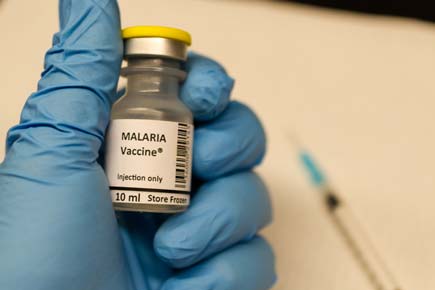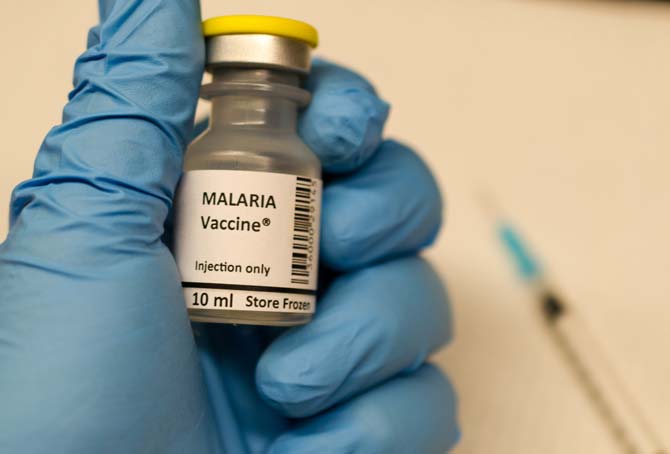At present, seven member countries' routine immunisation programmes have achieved more than 90 per cent coverage with three doses of the basic diphtheria, tetanus and pertussis vaccine


ADVERTISEMENT
Ahead of the World Immunisation Week, the WHO has called on member countries to make immunisation a national priority and secure sustained, high-level political commitment to strengthen programmes for the same. WHO's South East Asia Regional Director, Poonam Khetrapal Singh said immunisation was the most cost-effective way to protect individuals, communities and countries against a range of life-threatening and disabling diseases.
"But to leverage vaccines' full, life-saving potential, every child, adolescent and pregnant woman must be reached and the highest possible coverage attained," she said. Whether to maintain the region's polio-free status and protect against the resurgence of maternal and neonatal tetanus (MNT), to eliminate measles or to control ongoing challenges such as rubell, diphtheria, hepatitis B or human papillomavirus, immunisation is the most cost-effective way to protect individuals and communities against life-threatening diseases, she said.
At present, seven member countries' routine immunisation programmes have achieved more than 90 per cent coverage with three doses of the basic diphtheria, tetanus and pertussis vaccine. Almost half have achieved 95 per cent coverage of both doses of measles-containing vaccine. These are significant achievements, she said. "Each member country should make immunisation a national priority and secure sustained, high-level political commitment to strengthen national immunisation programmes," Singh said. She also said that sustainable financing models should be developed to support national immunisation programmes, leveraging partnerships at the national, regional and global levels. "Member countries should increase their research capacity, with particular focus on increasing coverage and equity and evaluating the effectiveness of different delivery, supply and communication strategies," she said.
Alongside routine immunisation strengthening, supplementary immunisation activities (SIAs) play an important role. Over the past 14 months alone, 113 million children received the measles and rubella vaccine as part of mass campaigns in Bangladesh, India and Indonesia. "Member countries must strengthen routine immunisation programmes and help build the infrastructure needed to achieve at least 90 per cent routine coverage. "Doing so will not only provide life-saving protection to millions of children, adolescents and pregnant women, but will also help achieve universal health coverage, a key Sustainable Development Goal," she said.
Catch up on all the latest Mumbai news, crime news, current affairs, and also a complete guide on Mumbai from food to things to do and events across the city here. Also download the new mid-day Android and iOS apps to get latest updates
This story has been sourced from a third party syndicated feed, agencies. Mid-day accepts no responsibility or liability for its dependability, trustworthiness, reliability and data of the text. Mid-day management/mid-day.com reserves the sole right to alter, delete or remove (without notice) the content in its absolute discretion for any reason whatsoever
 Subscribe today by clicking the link and stay updated with the latest news!" Click here!
Subscribe today by clicking the link and stay updated with the latest news!" Click here!






